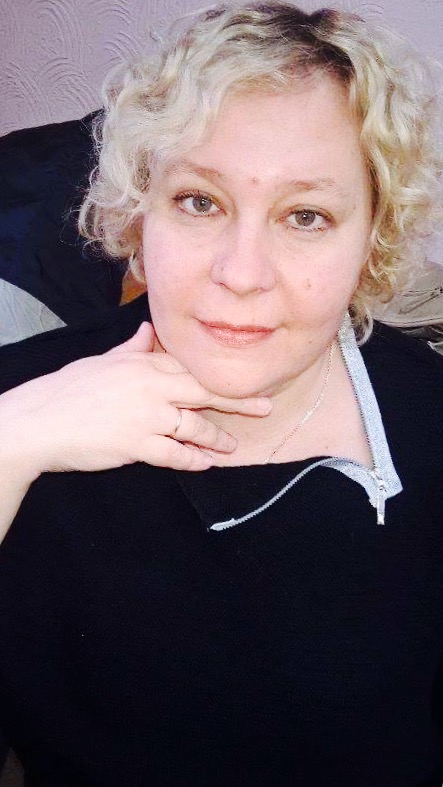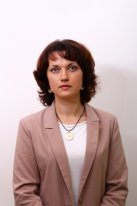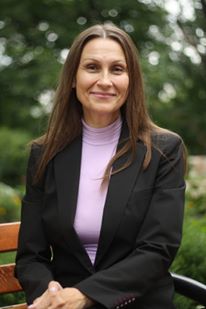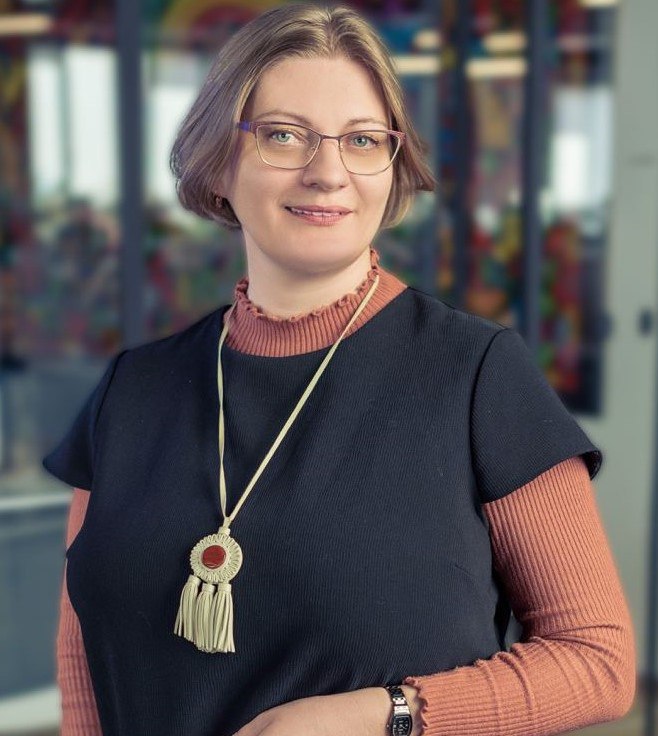About Center
Dear international community,
Victims of russian aggression in Ukraine need psychotherapeutic help!
Providing qualified psychological assistance to people affected by Russia’s war against Ukraine is and, unfortunately, will still be a very important issue for contemporary Ukrainian society.
In 2016, amid mass traumatic events in Ukraine, we joined forces with experienced cognitive-behavioral therapists to create the Charitable Organization “Mental Health and Trauma Therapy Center “Integration”, so that victims can receive quality free trauma-focused psychotherapy.
The purpose of the Center:
1) providing trauma-focused cognitive-behavioral therapy to victims of traumatic events;
2) training and supervision of psychologists and volunteers.
✓In 2016-2017, thanks to the project “Development of the “Mental Health and Trauma Therapy Center “Integration” implemented by International Alert (UK) with the financial support of the European Union under the project “Psychological Grains of the World: Rehabilitation after Trauma and Civil Activism in Ukraine “, 2174 consultations were held, of which:
1383 individual psychotherapeutic consultations
342 hours of group work
140 psychiatric consultations
79 consultations of a general practitioner,
265 individual consultations of a social worker
There were also 7 trainings for psychologists, social workers and volunteers.
✓In 2017-2019, the Integration Center continued to provide psychotherapeutic support on a volunteer basis to demobilized veterans.
✓In 2019 – 2020, thanks to the project “Support to the reintegration of conflict veterans in eastern Ukraine and their families”, funded by the European Union and implemented by the International Organization for Migration (IOM Ukraine), psychologists spent 5330 hours:
2709 hours of group work
2622 hours of individual consultations
600 hours of supervision
12 trainings for specialists were organized and conducted
✓In 2021 – 2022, thanks to the project “Assistance to veterans and their families”, also funded by the European Union and implemented by the International Organization for Migration (IOM Ukraine):
3865 people received psychological help from project specialists;
2105 hours of individual consultations;
300 hours of supervision;
635 hours of group work;
11 training seminars for psychologists, social workers and volunteers.
Now the project is over, and in order to continue to provide quality assistance, long and in those cities that have suffered most from russian aggression, we ask for financial support.
Thanks to your help, the Integration Center will continue to provide quality psychotherapeutic evidence-based assistance to victims in various cities of Ukraine.
To help:
In US dollars (USD)
Intermediary BANK OF NEW YORK MELLON, New York , USA
SWIFT: IRVTUS3N
Beneficiary’s bank
JSC KREDOBANK Lviv, Ukraine
SWIFT:WUCBUA2X
Beneficiary
Name TSENTR INTEHRATSIIA
IBAN UA403253650000000260080035692
In Euro (EUR)
Intermediary
KBC BANK NV, Brussels , Belgium
SWIFT:KREDBEBB
or
COMMERZBANK AG, Frankfurt, Germany
SWIFT: COBADEFF
or
UNICREDIT S.P.A., Milano, Italy
SWIFT: UNCRITMM
or
RAIFFEISEN BANK INTERNATIONAL AG, Vienna, Austria
SWIFT: RZBAATWW
Beneficiary’s bank
JSC KREDOBANK Lviv, Ukraine
SWIFT:WUCBUA2X
Beneficiary
Name TSENTR INTEHRATSIIA
IBAN UA583253650000000260050035693
In Hryvnias (UAH)
JSC “KREDOBANK”
Recipient’s name:
Charitable Organization “Mental Health and Trauma Therapy Center “Integration”
Identification code: 40581786
Beneficiary Bank Code 325365
IBAN: UA753253650000000260010035691
OUR SPECIALISTS

Support free of charge for victims
of military conflict in Ukraine

- Demobilized people and their family members
- Forced migrants/Internally displaced people

The Center provides support to
- Integrate back into normal life upon demobilization
- Recover from traumatic events and overcome the symptoms of post-traumatic disorder
- Solve the problem of alcohol abuse and/or drug addiction
- Help people to improve their self-regulation and coping mechanisms

Support for adults
- Confidential diagnostics of your state
- Individual consultations with a psychologist, psychotherapist, psychiatrist
- Support groups
- Informational events: lectures, seminars, focus groups, conferences

Support for children, adolescents, and their families
- Individual consultations and therapy for children and adolescents
- Consultations jointly with parents
- Psychological diagnostics for children
- Assistance while adapting to school
- Developing skills to resolve complicated family situations






